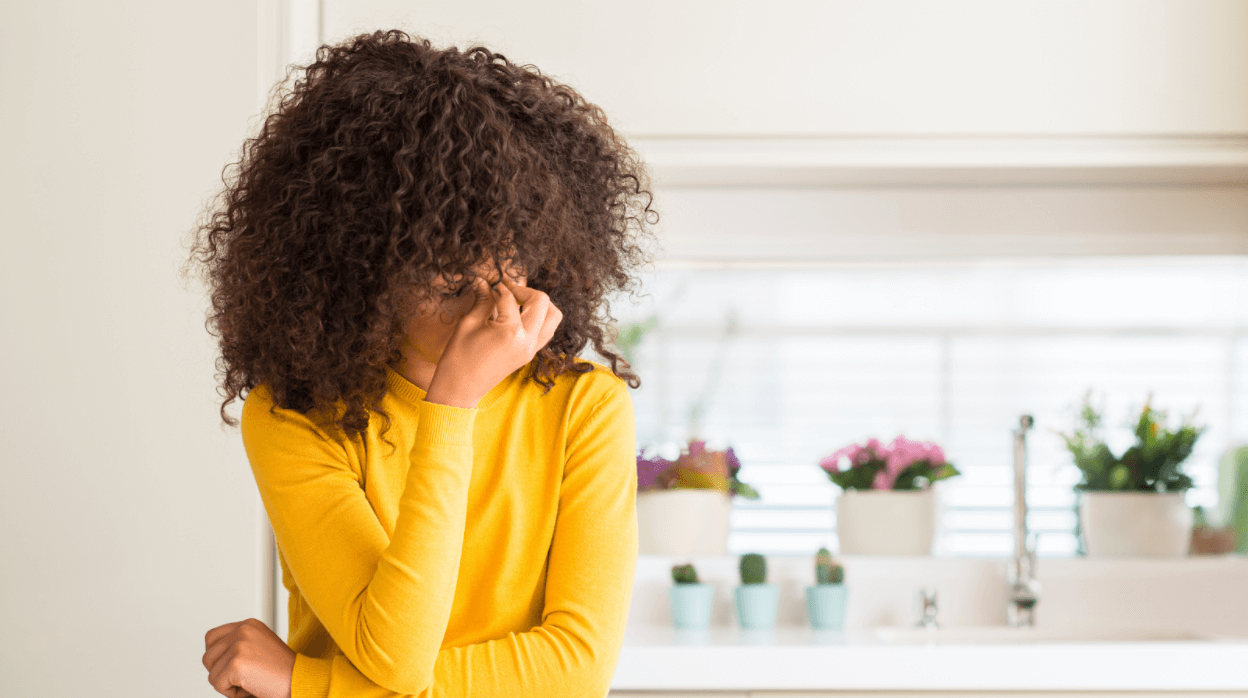 These are strange times. The entire world has been deeply impacted by the COVID-19 pandemic of 2020. It has changed so many aspects of our daily lives, and we still aren't clear when or how things will return to normalcy. Living in a constant state of uncertainty
and fear can cause what experts call emotional fatigue or emotional exhaustion. BetterHealth.com characterizes emotional
fatigue as coming from "situations where there is a general lack of control, [which] can set the stage for a burnout crisis."
These are strange times. The entire world has been deeply impacted by the COVID-19 pandemic of 2020. It has changed so many aspects of our daily lives, and we still aren't clear when or how things will return to normalcy. Living in a constant state of uncertainty
and fear can cause what experts call emotional fatigue or emotional exhaustion. BetterHealth.com characterizes emotional
fatigue as coming from "situations where there is a general lack of control, [which] can set the stage for a burnout crisis."
Many of us are growing increasingly tired of social distancing and being meticulously careful in our interactions with others. Constantly analyzing your daily interactions is exhausting and can cause or worsen mental health issues such as
depression and anxiety. Many people, especially the elderly or those with compromised immune systems who aren't able to leave their homes, are struggling with feelings of isolation, loneliness, and fear. We cannot connect with other people
in the same way we used to or don't feel safe, and that's hard. These feelings and situations have lead many of us to a shared feeling of "pandemic fatigue" as we enter almost 8 months of centering our lives around COVID safety precautions.
It's important, now more than ever, to practice self-care. Self-care means something different for everybody, but we're talking about the kind of self-care that keeps you feeling physically and emotionally healthy. Sure, massages and extra servings of dessert and drinking all the wine might sound great, but those aren't always the best choices for your wellbeing. . Exercise, spending time outside, eating well, deep breathing or meditation and getting enough sleep are great examples of true self-care.
You might even decide to nurture a hobby or discover a new one. Think of a few activities that engage your brain and allow you to concentrate on something you enjoy. Consider changing up your evening routine to allow for 30 minutes of reading before bed. Or hop on over to Amazon and order some colored pencils and a few adult coloring books, and get in touch with your creative side.
Practicing gratitude can be a game-changing way to achieve a more positive outlook.It doesn't take much time or effort. Whether it's an everyday routine or your go-to plan when you need a shift of perspective, give it a try. Make a short list or keep a journal of things you're grateful for and things that are going well in your life. Dig deep and find things both big and small that you're thankful for. Think of your meaningful relationships and opportunities to experience joy, even if it's just something simple.
Taking the time to appreciate even the smallest things in life, like the sunshine on your face while you walked the dog, will help train your brain to focus on the positives rather than the negatives.When you are stuck in a negative thought pattern, you aren't able to fully appreciate the good thatexists all around you. It can seem tough to redirect your thoughts these days, but it becomes more comfortable with practice and mindful consistency.
How you think and what you do is essential, but sometimes it's what you don't do that carries equal weight. Avoid unhealthy coping mechanisms like alcohol or recreational drugs, spending too much time watching TV or scrolling through social media, and eating poorly. As tempting as it may be, make a choice not to give up on personal hygiene even when you know you won't see any people. Avoid engaging in hostile interactions with friends or family who hold differing views about health and politics. Instead, simply wish them well and agree to disagree.
Most importantly, if you feel your symptoms of depression or anxiety don't improve with lifestyle changes and efforts to overcome negative thinking, speak with a doctor, and seek help. Take 2 Minutes is a helpful tool for maintaining emotional health but isn't intended to replace professional treatment for those who need it.